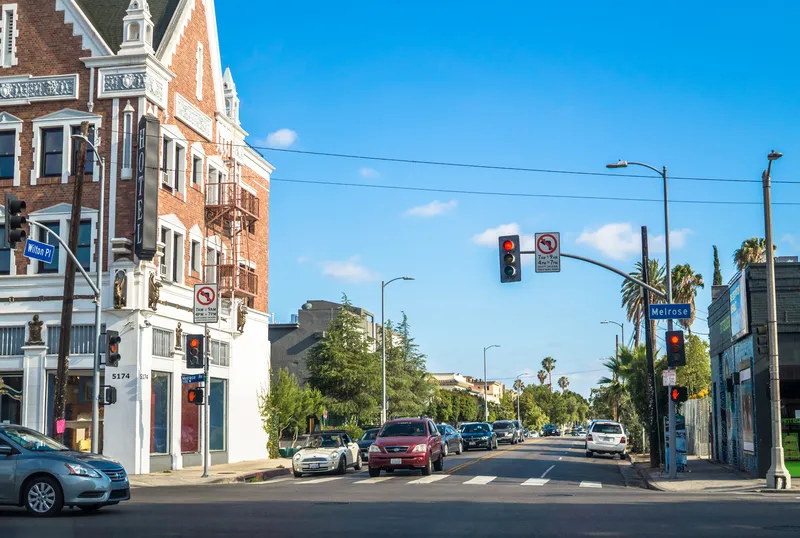
Garcetti says: “Lifting these restrictions makes sense when more people are staying home, need additional time to run errands, and want to practice safe social distancing without being concerned about a ticket.”
The order includes relaxing enforcement of street sweeping restrictions in residential areas and around closed schools, a freeze on parking fine increases for the next 60 days and an extended grace period for people dropping off or picking up groceries and goods.
Enforcement is being maintained on operations that prioritise health, safety and emergency access including street sweeping around encampments, peak-hour restrictions and repaving operations.
Seleta Reynolds, general manager at LA Department of Transportation, says: “We will relax parking enforcement in key areas, freeze parking fine increases, and extend payment deadlines to bring Angelenos a little peace of mind and some much-needed financial relief.”
The announcement follows temporary restrictions placed on pubs and nightclubs that do not serve food, cinemas and entertainment venues, bowling alleys and gyms.









